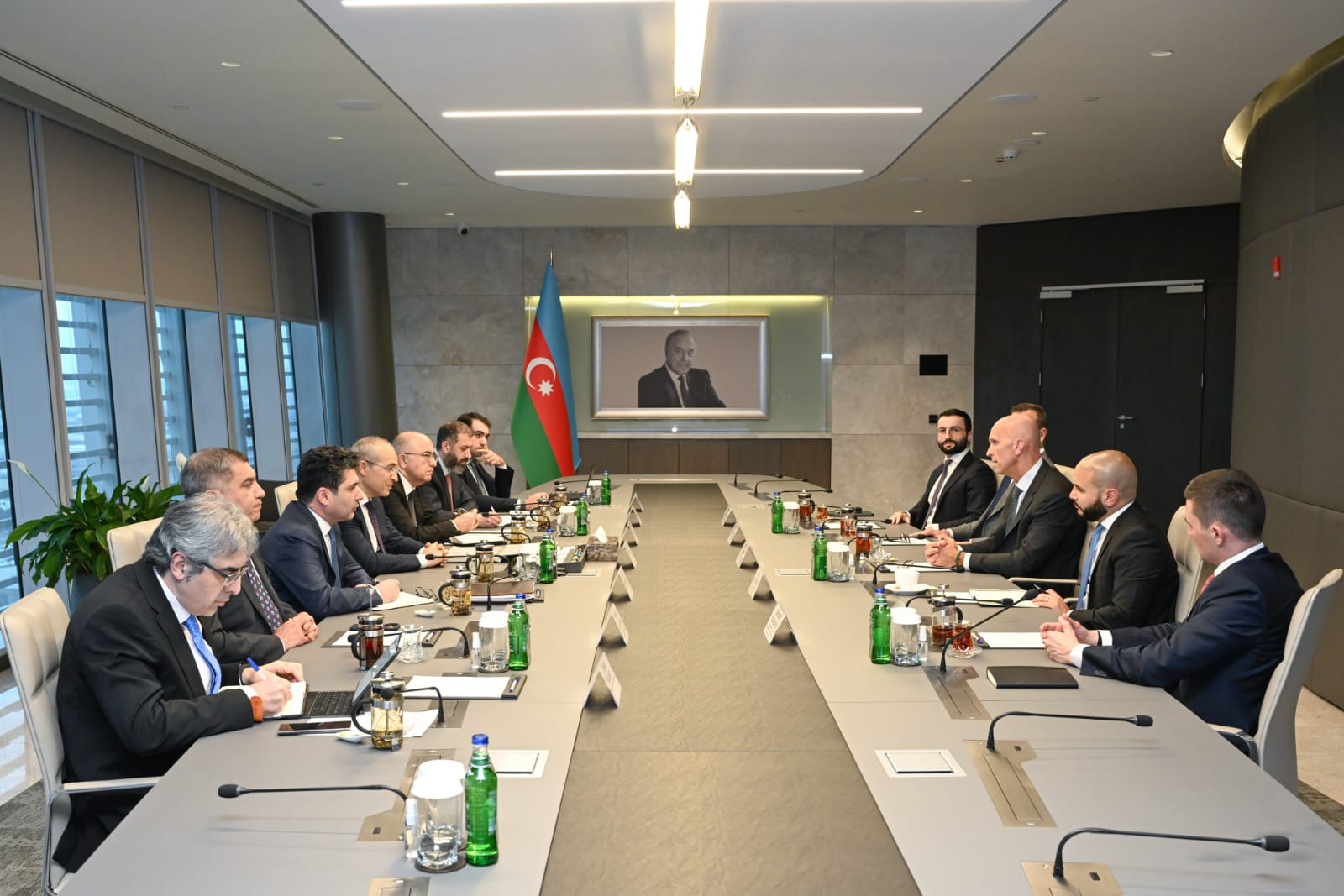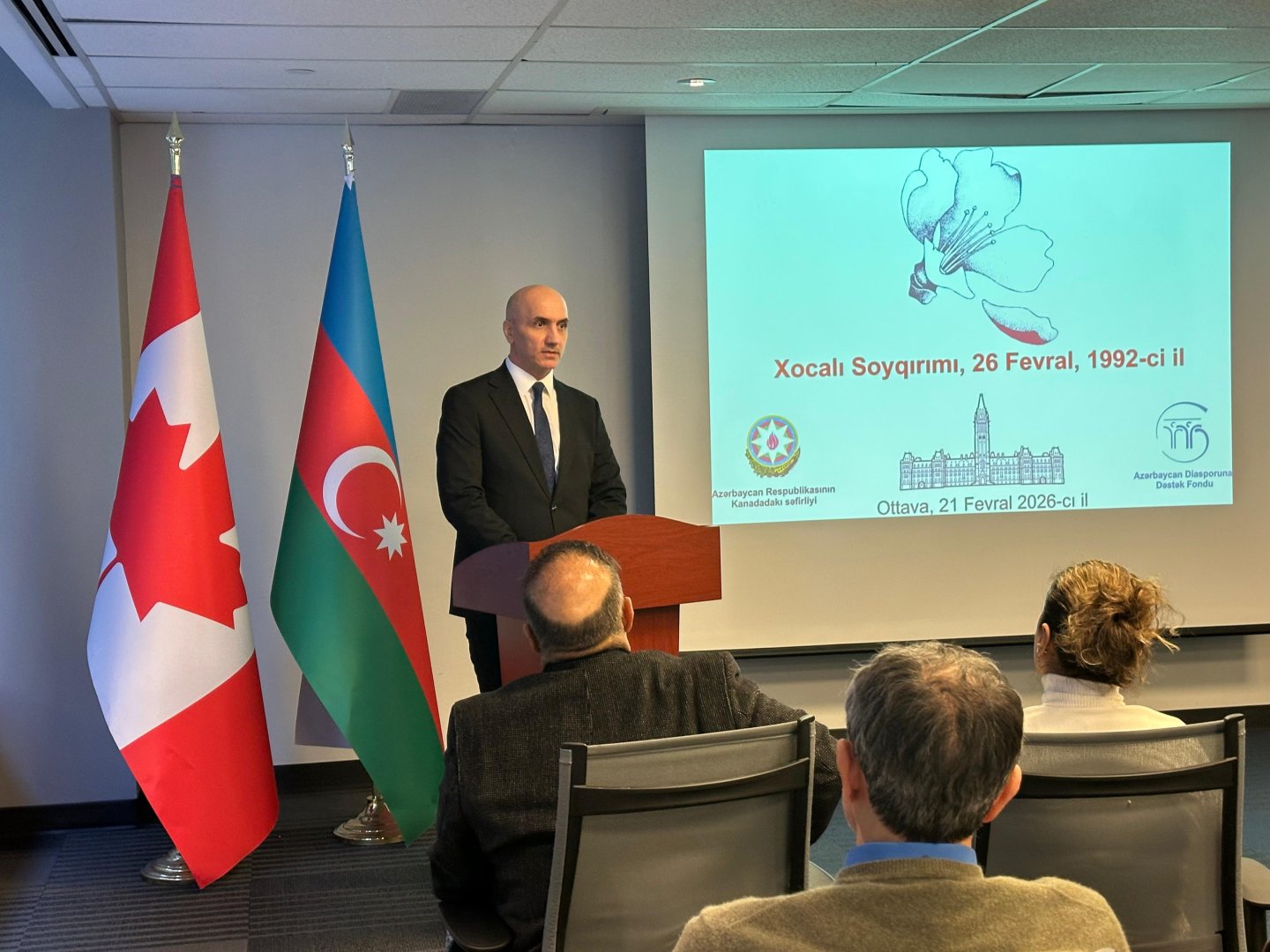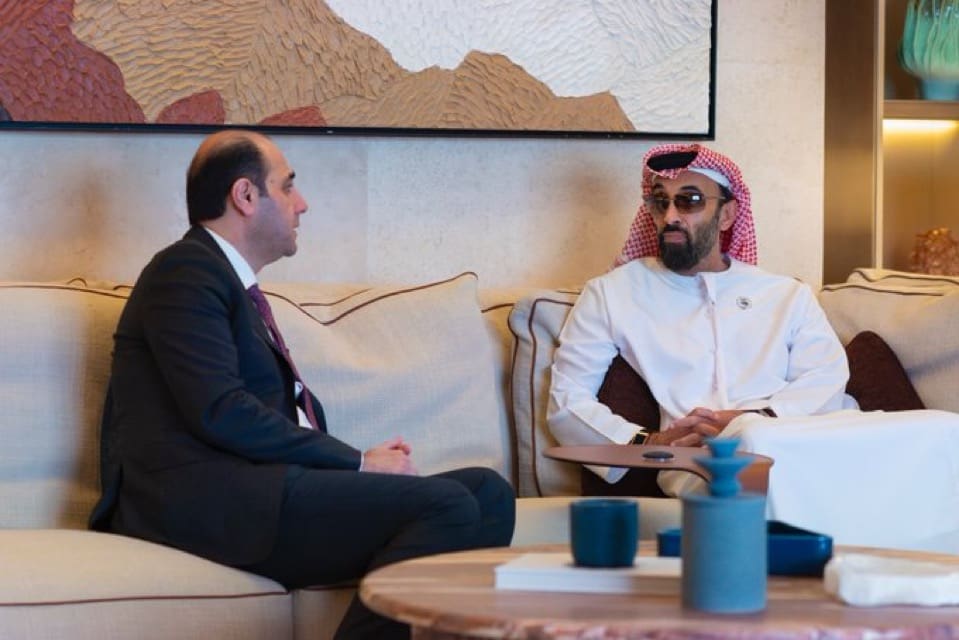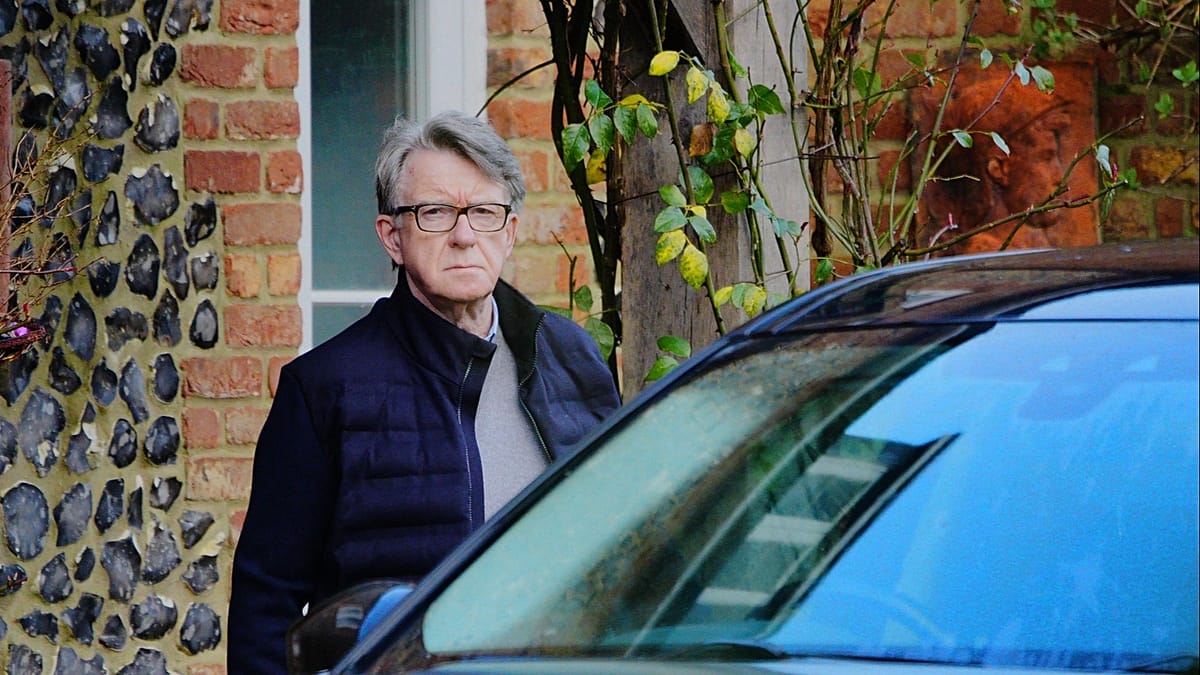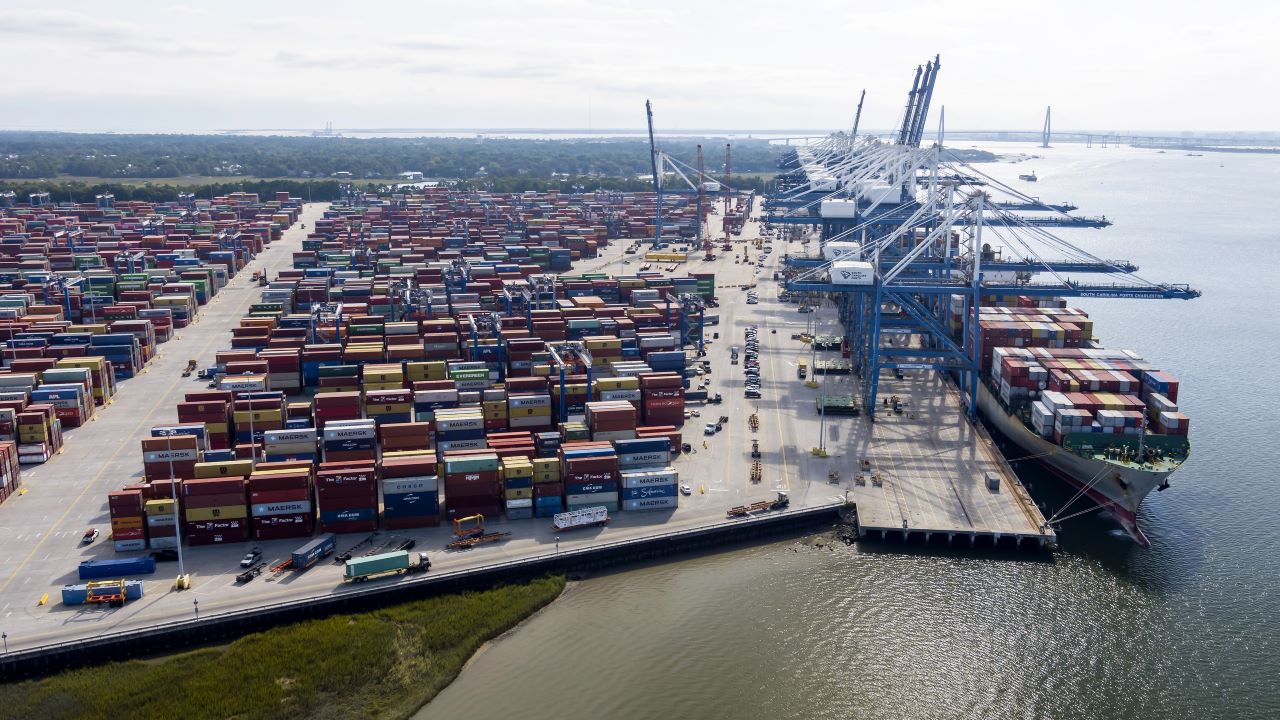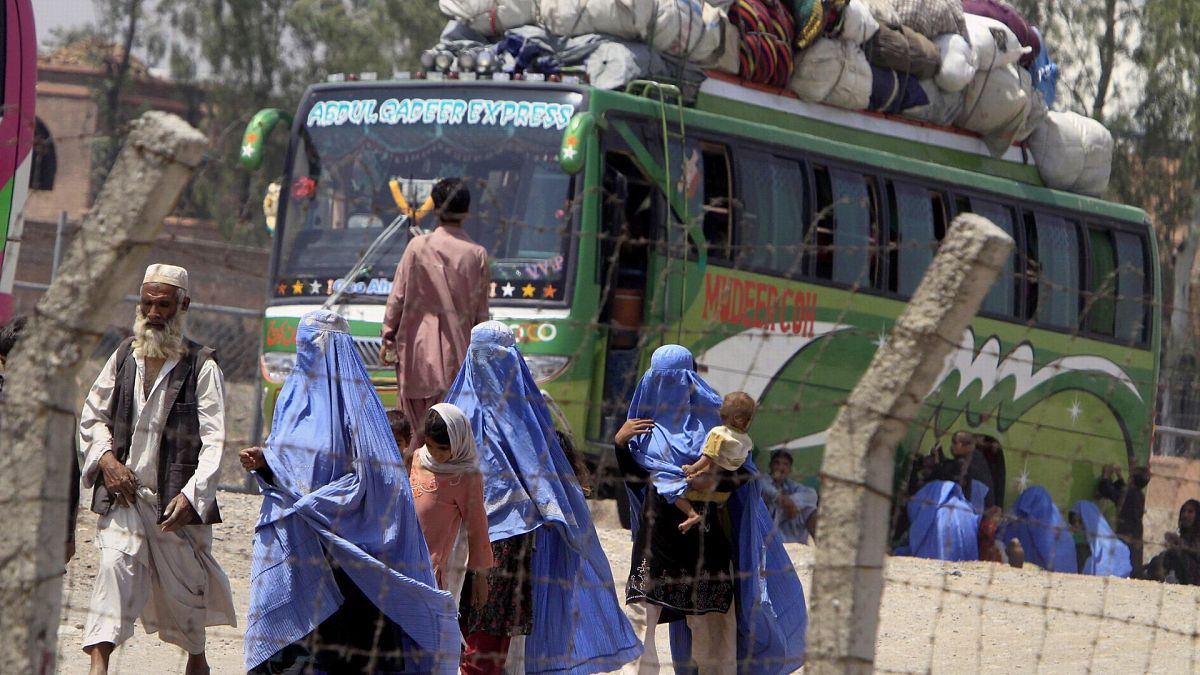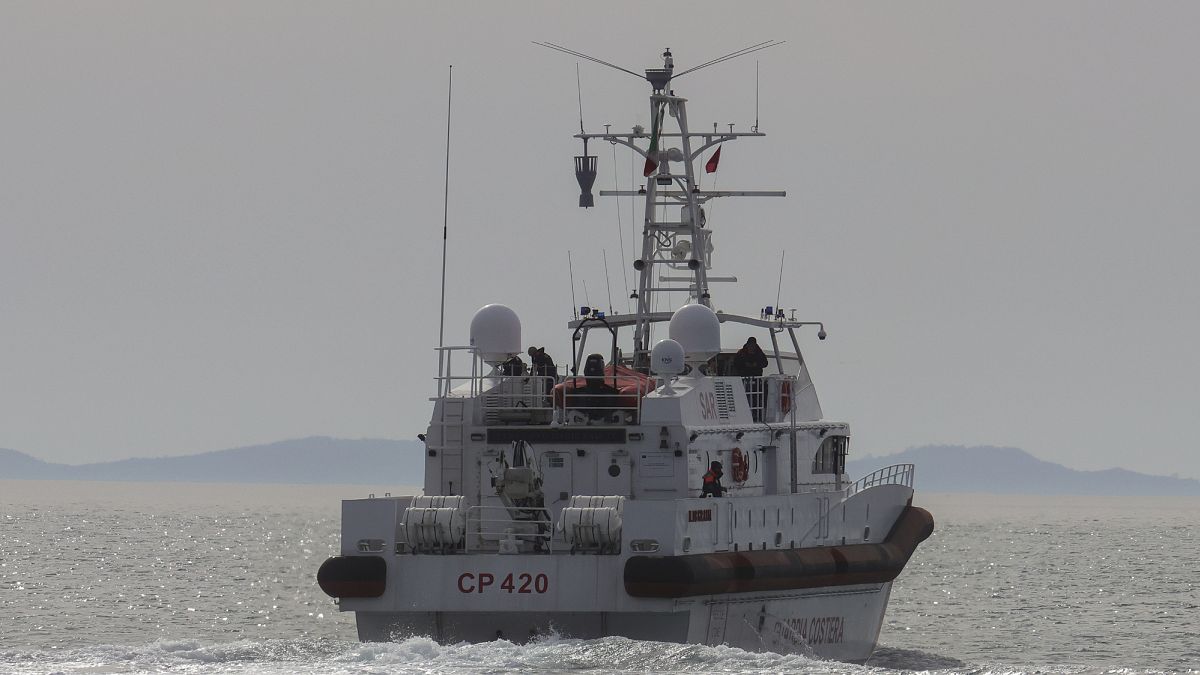Connectivity is becoming a key priority for Europe, said the head of the EC Representation in Bulgaria
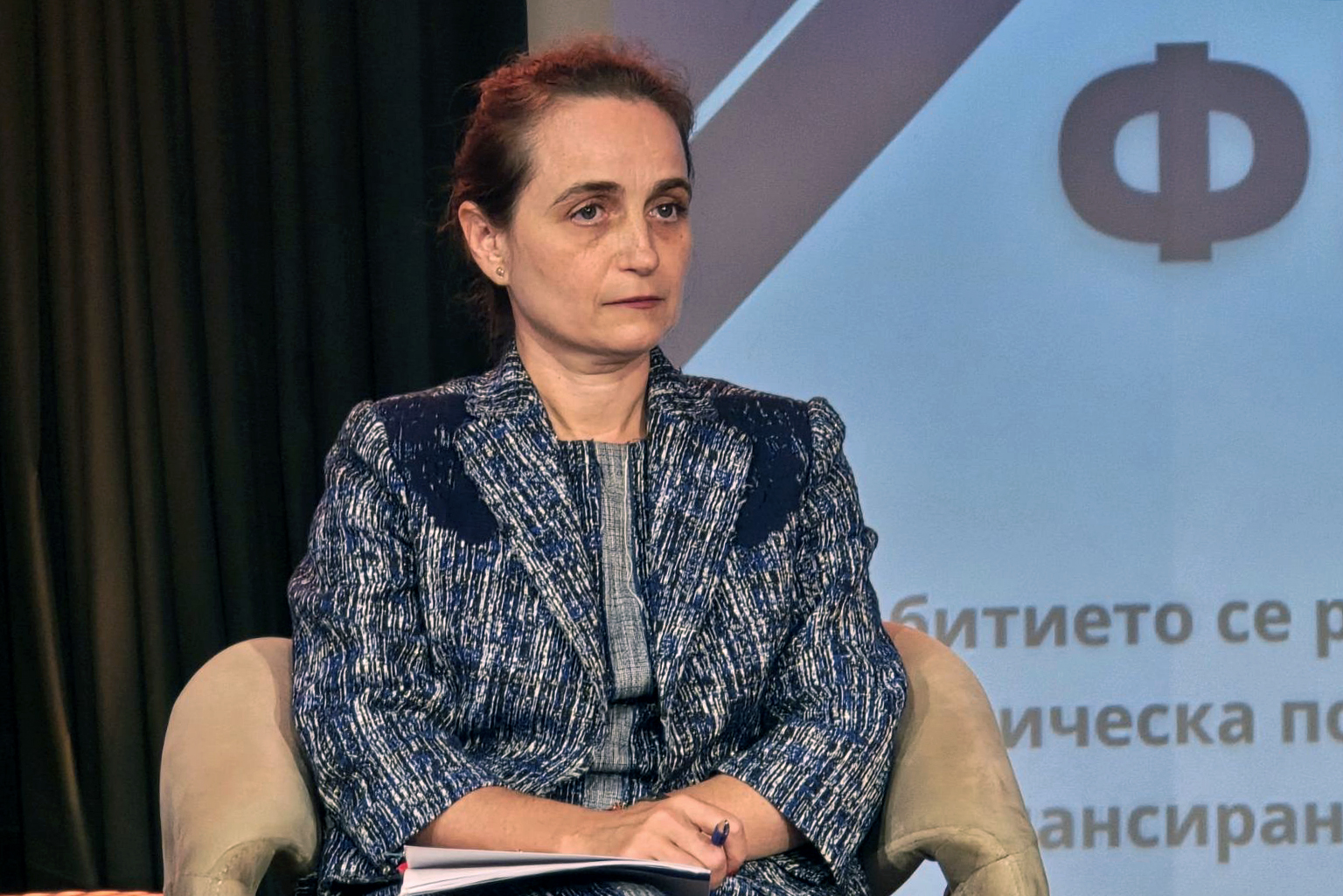
ALBENA – The connectivity of regions is becoming a key priority for Europe, and the proposal from the European Commission is to double the budget of the Connecting Europe Facility in the transport sector, said the head of the European Commission Representation in Bulgaria Yordanka Chobanova during the plenary session of the Annual Meeting of Local Authorities in the resort complex “Albena,” dedicated to the financial horizon for 2026. The event is organized by the National Association of Municipalities in the Republic of Bulgaria.
Chobanova pointed out that projects that lead to connectivity at the European level will be given very high priority, whether in the field of transport or energy networks – everything that makes Europe as a whole more competitive.
The European Commission’s proposal for the next budget is very different from anything we are used to, Chobanova noted. According to her, Europe is currently fighting for its autonomy and faces issues related to security, migration, energy, and competitiveness. There is also a new challenge – artificial intelligence, whose role is truly transformative and will create new winners and new losers, Chobanova said. According to her, the winners will be those who invest in high technologies.
The new proposal from the European Commission for the budget requires us to view the EU as a whole, rather than individual member states, Chobanova added. She clarified that it is currently under review and will likely undergo modifications. However, Bulgaria must prepare for the new model, Chobanova emphasized, urging mayors to focus on a more solid programming capacity, good organization, and dialogue with national and European authorities.
The European Commission’s proposal is for Bulgaria to receive around 22.3 billion euros, which is more than the current period, Chobanova further stated. However, she emphasized that timely absorption of funds is crucial. Chobanova reminded that a few days ago, the annual report on the implementation of the recovery and resilience mechanism was published. What is observed in Europe is that thanks to the recovery and resilience plans, there is about a 0.7 percent growth in gross domestic product cumulatively in Europe, the expert noted, clarifying that the logic of the new budget offers the same logic as that of the recovery and resilience plans – results, reforms, before payments are made.
The proposal is for each member state to have its own national and regional Partnership Plan, Chobanova added. She clarified that these plans will be tailored to the needs of each country; they will not be universal. Until now, we had about 540 programs, many of them with different rules; the proposal is to have simply 27 partnership plans, Chobanova pointed out. According to her, they will include agriculture, security, cohesion policies, as well as the common agricultural policy – payments to farmers, environmental protection schemes, and support for investments in agriculture.
The other opportunity that the new budget will provide is funding for crises, various natural disasters, and emergencies, Chobanova added. According to her, the European Commission proposes to allocate around 400 billion euros in the budget to allow for a quicker response in emergencies. Chobanova stated that priorities remain clean technologies, bioeconomy, decarbonization, and the budget for the “Erasmus Plus” program will be increased by 50 percent. (October 13)

